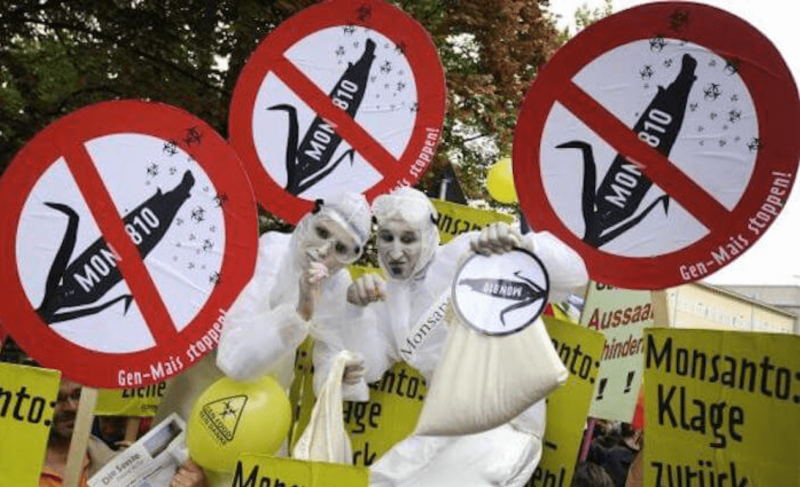[Mubin Khan:] You recently attended COP27. Could you speak about the discussions there surrounding food security and how biotechnology can play a role in addressing food insecurity?
[International Rice Research Institute’s Martijn Pakker]: There were a number of key takeaways: adapt or starve, help poorer countries help themselves, find out what works and replicate it, and get more involvement from the private sector. So there’s really a number of key things where biotechnology can actually fit into those pieces of the puzzle.
Biotechnology in all its forms – whether we talk about accelerated breeding, transgenics or genome editing – are all ways to improve both the nutritional content of crops but also their resistance to what we call abiotic stresses – to the stresses of climate change, increased resistance to pests and diseases, drought-resistance, salinity resistance.
I think a lot of the misconceptions also come from the fact that a lot of previous GM products – transgenic products rather – have generally come from a sector that was purely profit-driven. When we look at golden rice, when we look at a number of the products that have been developed by research institutes such as IRRI, the product becomes much more altruistic.
…
As you said, a lot of the resistance is fed by socio-economic, rather than scientific perspective, as is also the case with AI or vaccines. But these are all things that are going to happen whether we like it or not, as we move further into the 21st-century, because it’s what the world needs in terms of food security, in terms of health, in terms of epidemic preparedness.
































